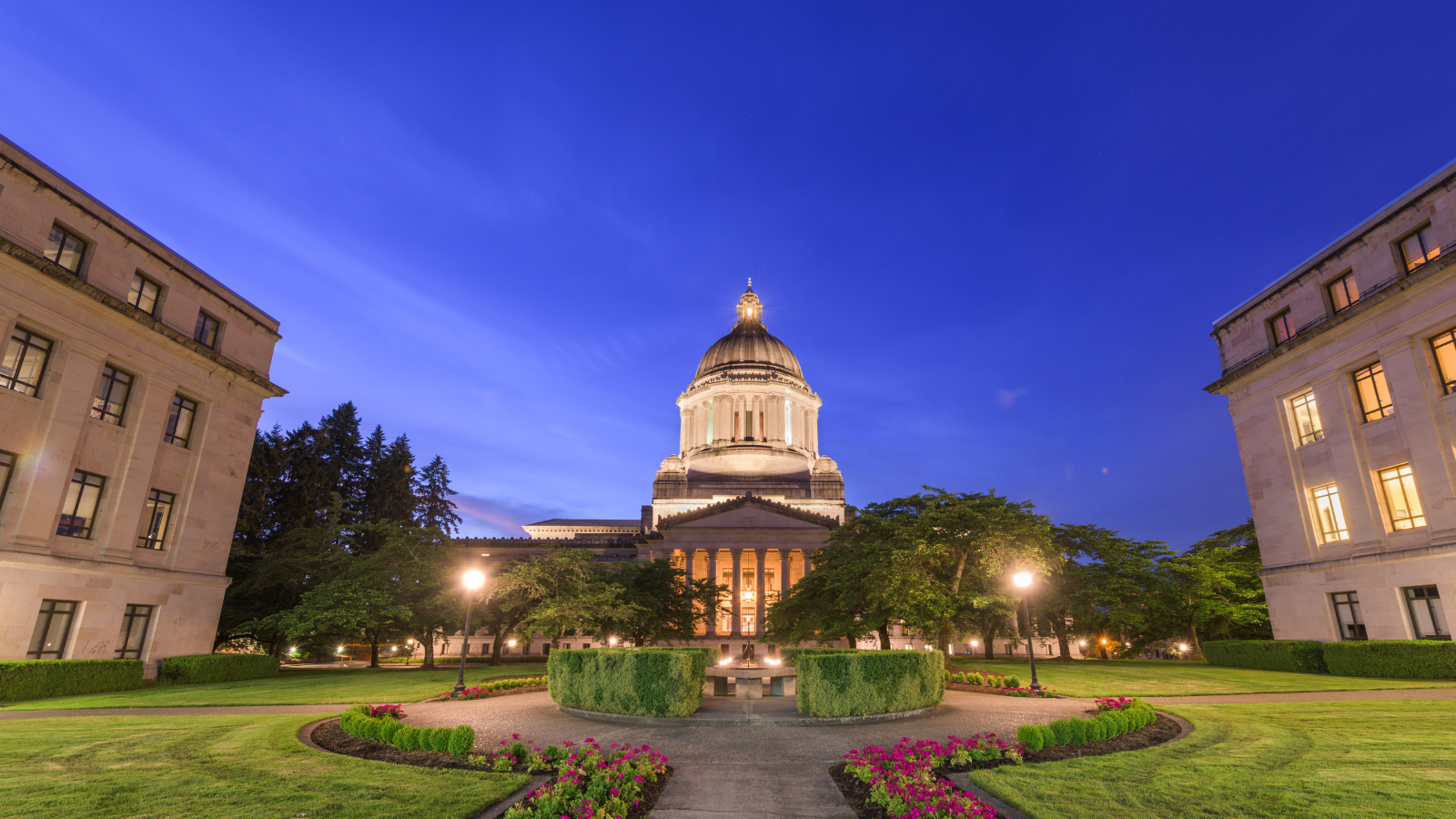 Each state legislator takes an oath to uphold the state and federal constitutions. That promise applies to every part, not just the words with which we agree – or the words we know.
Each state legislator takes an oath to uphold the state and federal constitutions. That promise applies to every part, not just the words with which we agree – or the words we know.
The importance of this commitment came up Jan. 4 at the 2024 legislative session preview hosted by our state’s broadcasters and daily newspapers, when reporters asked about six citizen initiatives being proposed to the Legislature.
Four of these initiatives would essentially repeal laws created by majority Democrats that have taken effect since 2021: the long-term care tax, the capital-gains tax, the cap-and-trade law that has already added about 50 cents in cost to a gallon of gas, and the restrictions on police pursuits. The other two would protect taxpayers from a full-blown state income tax and strengthen the rights of parents to know what’s happening with their children in our K-12 schools.
Under Washington’s constitution, initiatives to the people go straight to the ballot if certified, while initiatives to the legislature come to us as legislation once certified. We can either pass that legislation, send it on through to the general-election ballot, or come up with an alternative proposal that accompanies the citizen initiative to the ballot.
Certification requires a constitutionally set number of valid signatures from legal voters, gathered via petitions through a process many of us have witnessed. To be clear, none of these six initiatives had final certification from the Secretary of State as of Jan. 4 – but it seems to be a not-if-but-when situation, as more than 400,000 signatures were turned in for each measure.
When asked about the initiatives, the Speaker of the House started with the questionable assertion that they may not be available for legislative consideration until at least halfway into our 2024 session.
Then she veered off and took a shot at the initiative process itself, explaining how she is “very saddened” that a King County multi-millionaire was “buying his way onto the ballot.”
The comment with constitutional implications came next. The Speaker, who is the House’s highest-ranking Democrat, claimed majority leaders will “have to make decisions about whether or not those are heard…they automatically go to the ballot whether or not they’re heard, whether or not we’ll consider alternatives, I think all those things are still being considered now.”
Having served in the Senate with Steve Hobbs for many years before he was appointed Secretary of State, I won’t be surprised to see at least a couple of these initiatives arrive soon after today’s opening of our session, with the rest coming as soon as possible. I believe all could receive hearings and votes by both the Senate and House before the session ends March 7.
As for the idea that multi-millionaires got involved in the process, let’s remember how two other King County multi-millionaires gave millions of dollars to make sure Initiative 1639, which raised the age for purchasing firearms in Washington, got onto the 2018 ballot.
Finally, the Speaker may be unfamiliar with the sentence in Article II, Section 1 of the state constitution, which requires initiatives to “take precedence over all other measures in the legislature except appropriation bills.” Or perhaps she knows the requirement but just doesn’t agree with it.
Either way, no matter what she and other Democratic leaders suggest, the only bills higher on our to-do list for 2024 than the initiatives are those related to the budget – if we are going to uphold our constitutional duty, that is.
Democrats are free to try distracting from the intent of these measures by focusing on who financed the signature-gathering process. The reality is that these measures will reach the ballot thanks not to one person but to the record 400,000-plus Washington residents who freely chose to sign petitions.
If Democrats are unhappy about so many people exercising their constitutional right to make or change laws, maybe they should stop and think about why that is.
To me and my Republican colleagues, it’s simple. People are frustrated. They think legislators should be able to handle issues like climate change without adding to the financial burdens that government already puts on the backs of working Washingtonians.
The people want better. Their legislators must do better.
— Senate Republican Leader John Braun









